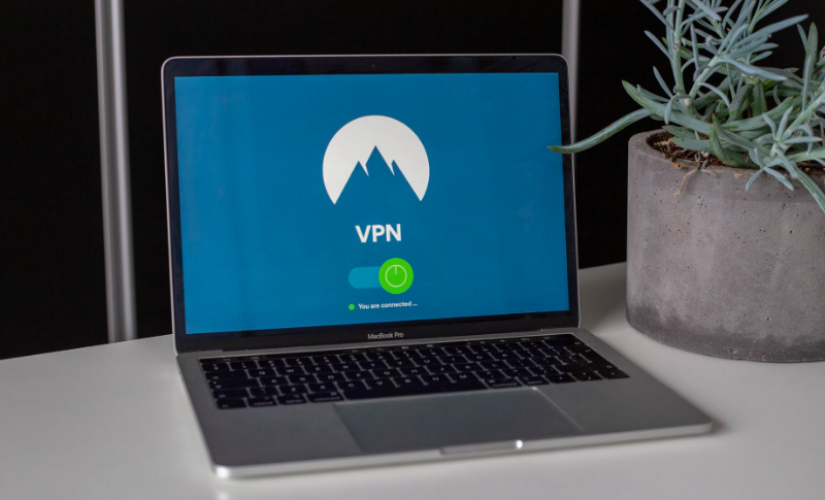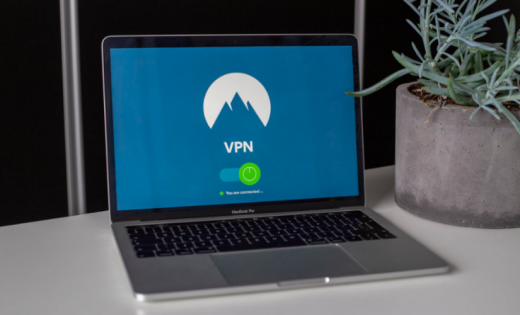Beyond Remote Security: 6 Smarter Uses for Your VPN
Beyond Remote Security: 6 Smarter Uses for Your VPN

You got the best free VPN you could find. Now what? Your VPN keeps your online activity protected, but with a little creativity, you can leverage your new tool to do much more.
VPNs, or virtual private networks, help companies keep sensitive data away from prying eyes. By routing your internet connection through remote servers, a VPN makes it all but impossible for outside parties to identify your online footprint. Businesses can use VPNs to mask IP addresses from potential hackers and create an additional layer of cybersecurity.
Extra security makes sense for companies with remote workers who deal with sensitive information. Businesses commonly use VPNs to let traveling salespeople and other team members access the company network securely. If you only use your VPN to upload files to a shared folder, however, you’ll miss out on some highly useful functionality.
VPNs Can Do More
Get creative, and use your VPN to do more:
1. Avoid throttling from your ISP.
Internet service providers offer expensive plans to businesses. In exchange, they promise maximum uptime, but they treat business traffic the same way they treat traffic from regular users. If you regularly use online services your ISP doesn’t like, your ISP could throttle your speeds, making it difficult for your employees to work.
With a VPN, however, you can prevent your ISP from throttling your connection in certain circumstances. This won’t work if you regularly go over your data cap. However, if you use services that compete with your ISP or its partner companies, a VPN can protect you from experiencing artificially slow speeds.
2. Access better deals on travel.
Travel sites don’t treat all traffic equally. You could see different prices on your smartphone, your tablet, and your computer for the same flights and hotel rooms. The game of travel savings gets frustrating quickly, but through a VPN, you can mask your intentions from travel sites and gain access to unbiased pricing.
Use your VPN to spoof different locations and see how prices change. The same flight from Dallas to New York might cost far less if the airline website believes the person searching lives in Australia. Over time, VPN travel searches could save your business thousands.
3. Get around foreign censorship laws.
Some countries police their internet far more strictly than the United States does. If you do business in foreign lands, use a VPN to reroute your traffic elsewhere so you can access the full, uncensored web at your leisure.
Be careful not to overstep the line. China famously banned the use of VPNs in many instances. Foreign businesses can use VPNs while in China, but only certain VPNs approved by the government qualify. The rest are technically illegal. While it would be highly unusual for a foreigner to be arrested for using an unlicensed VPN, think carefully before breaking any established laws.
4. Protect devices on public Wi-Fi.
Hackers sit on public Wi-Fi to scour data from unsuspecting users. Business users regularly access strange Wi-Fi locations to do their work, which makes them common targets for information thieves. If you want to keep your company’s information safe, don’t let employees use public Wi-Fi without protection.
Make it easy for your employees to use a VPN to create a more secure connection before using public Wi-Fi. Even if hackers manage to view their activity, they won’t be able to learn anything of value or steal passwords. With a VPN on your side, your employees won’t have to wait until they get back to the hotel to finish working.
5. Engage in safer P2P connections.
Pirates all over the world use VPNs to mask their activity as they download music, movies, games, and software. Companies shouldn’t use VPNs to steal digital merchandise, but plenty of businesses have legitimate reasons to engage in P2P file sharing. In those circumstances, companies can use VPNs to tighten security over private connections.
Your ISP might try to prevent you from accessing P2P services for business purposes, in which case a VPN could be your only way forward. Even if you can access P2P sharing services without a VPN, err on the side of caution and use one, anyway. Users on P2P networks can see the IP addresses of everyone else on the same network, and you don’t need to expose your company to unnecessary risk.
6. Prevent websites from gathering your information.
Do you spend a lot of time on your competitors’ pages? Are you worried that websites are collecting your data and selling it to third parties?
No matter where you browse, a VPN can mask your location from websites and prevent outside parties from collecting data that identifies you or your company. Personal VPN users lean on this function to prevent sites like Amazon and Facebook from tracking them across the web. By hiding behind a VPN, you can spy on your competition as much as you want, and no one will ever know.
Whether you’re an experienced user or someone who just downloaded your first VPN this morning, these tips can help you make more of an exciting and effective online tool. Use your VPN to maximize your security, expand your browsing options, and save money.
The post Beyond Remote Security: 6 Smarter Uses for Your VPN appeared first on ReadWrite.
(28)


